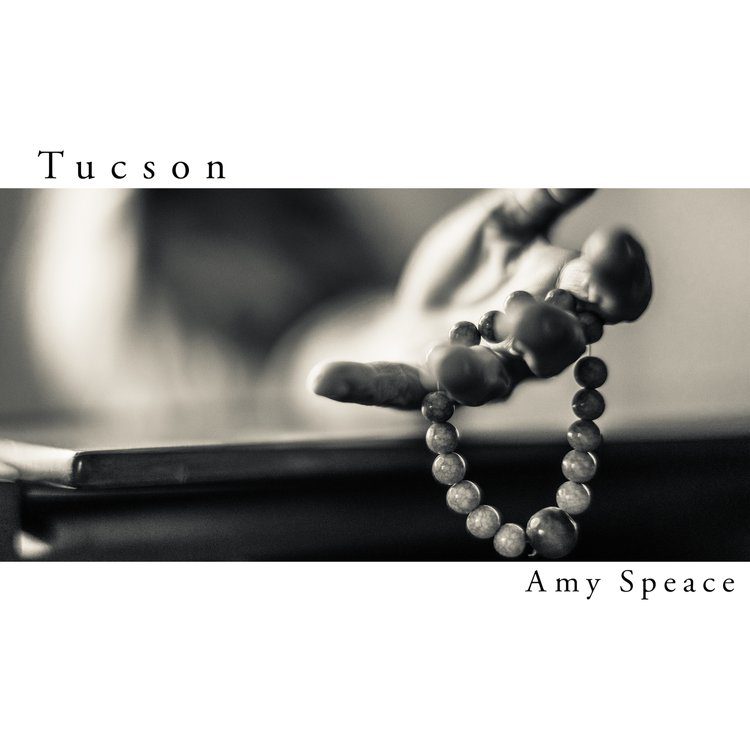ALBUM REVIEW: Amy Speace Sides With Survivors, Tells Her Own Story on ‘Tucson’

Hauntingly beautiful in its spacious lyricism, Amy Speace’s new album, Tucson, floats through a powerfully emotional landscape, moving from darkness to dawn tentatively but with the increasing confidence of a survivor gaining power over the past by being there for others.
Like poets Mary Oliver and Elizabeth Bishop, Speace carefully selects images that sear our hearts and that we can’t forget. The seven songs on Tucson narrate a journey from vulnerability to defiance to community.
“Cottonwood,” the album’s first track, opens sparsely, with a repeated piano phrase in the first measures joined by strings before Speace adds her voice to sing her truth. The song builds layer by layer as she pours out her experience of being date raped when she was 19 and the shadow of trauma that continued to hover over her life — “All the hurt I’ve carried ’round, for 50 years it’s weighed me down.” Cottonwood is the name of a treatment center in Tucson, Arizona, at which Speace arrived in July 2020, emotionally and physically spent. As “Cottonwood” builds to a crescendo, Speace opens herself, revealing details of the attack and embracing her power to stop living the masquerade of blaming herself for what happened. By the end of this stark and stunning song, Speace has emerged from the shadows, ready to move on and also to name the predatory men whom our society allows to perpetrate sexual abuse and rape.
Circling acoustic guitar swirls around Speace’s tender vocals on “Little Red,” a re-telling of “Little Red Riding Hood” set in a world of men who prey on women, much like Angela Carter’s story “The Company of Wolves.” The striding piano opening of “If You Fall” blooms into a powerful anthem in which the singer promises to stand beside other trauma survivors to remind them they are not alone.
The moving “Why I Wake Early,” which takes its title from a Mary Oliver poem, serves as a reminder to embrace those we love every day, to “wake early” to watch our world unfold around us and to revel in its beauty. The album closes with a poignant cover of Bruce Springsteen’s “My Father’s House,” made even more affecting by Speace’s a cappella take on the opening verse.
Tucson is essential listening. Speace bares her heart and soul here, and listening to these songs will bring anger and tears. But the vulnerability and power in Speace’s vocals and lyrics assure that life exists beyond the shadows.




